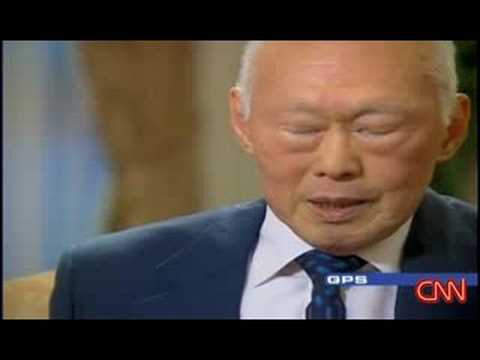Faking it till you make it is a common mantra in professional circles. That is until someone loses an eye or worse, his job
Honesty is an admirable trait in leaders. Honesty allows for much clarity in matters of leadership and management. Like it or not, leaders are not and will never be the paragons of virtue and all-knowledge (that’s why they have advisors) we hope them to be. The best we can ask for is honesty, especially when they’re unsure or uncomfortable with policy decisions and matters of planning.
When General McChrystal stood before the House Armed Services Committee on the December 8, he confessed, despite years of command experience, “There is much in Afghanistan that I do not understand.”
That’s courage on display. More importantly, such an admission means the Chief Executive can then find you the consultants, allocate the funds for intelligence and research to give you the data you require to make informed decisions.
We shouldn’t expect our leaders to be expert linguists, neuro-science experts or meteorological wunderkinds. We appoint leaders to make decisions and hard choices, hopefully based on the expert advice given.
When a leader says “I don’t know”, he should also preferably add, “but I’ll find someone who does.”
Faking it till you make it is not wise in long term policy planning. You can and should fake confidence when team morale depends on you taking action during a critical situation, however, faking knowledge or stubbornly sticking to decisions for “face” tends to snowball small problems into gigantic avalanches years or even months down the road.
You may play devil’s advocate and say: generals lead men into combat, poor command decisions and errant strategies cost lives, why should civilian leaders and bosses be subject to the same standards?
My contention is that corporate and social policy planning costs lives too, just not in the raw numerical terms that wars inflict. You might not die in the office, but as long as your boss decides Joe or Jane from Timbuktu can do your work cheaper and faster, maybe even better, you could probably lose your livelihood in this global economy of trans-migrating work talent. Try feeding your family and sending your kids through school when that happens.
One may wonder if saying “I don’t know” implies incompetence. Uttering the three words nervously and with great uncertainty certainly does. Leaders must exude confidence even when they don’t know the answers.
Confidently declared, “I don’t understand the long-term implications but I’ll find out more” is candour with promise attached. This creates a responsible level of expectation that when this promise is fulfilled, leads to great respect and admiration. It implies humility and that despite your mortal limitations; you intend to perform due diligence and make the best decision possible.
Like many, I often find myself faced with these conundrums. “Face” is an important social commodity in this part of the world and it often complicates matters of honesty. Should we admit when we don’t have the answers? Yes.
Will I successfully undo years of social conditioning and become a better leader? I don’t know.

Posted on January 20, 2010
0